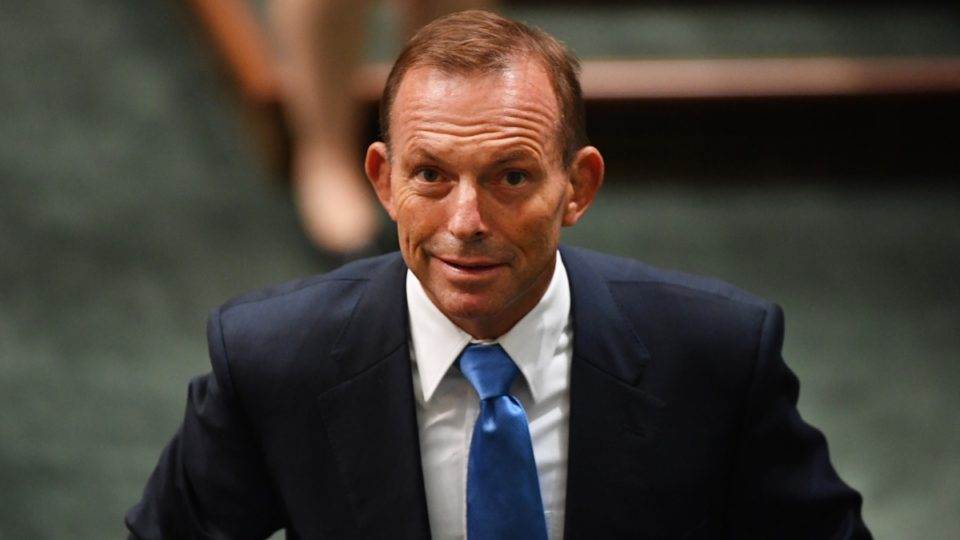20 March 2015
The NSW Election – a Referendum on Privatisation?
After morale-boosting election wins in Victoria and Queensland, social democrats are now keenly focused on the NSW poll in eight days’ time. The task facing them is more daunting than in either of the neighbouring states.
In Victoria, the economy was a major election focus with widespread job losses casting doubts over the Coalition’s economic credentials. This is a less pressing theme in NSW where the economy is better than the national average. Instead, like in Queensland, the pivotal election issue is privatisation.
Premier Mike Baird has sought to frame the election as a referendum on the privatisation of the state’s electricity assets. He is wrong to do so, for even if he does win on March 28, polls show that the electorate is strongly opposed to the sale. This is because they know it’s bad for public finances, a fact embarrassingly confirmed this week by the government’s own adviser, UBS, in a report which was quickly reworked after ministerial intervention.
If Mr Baird wins, as polls suggest he will, the main reason won’t be privatisation, but the fact that Labor is starting so far behind, coming off a primary vote of just 26% in the last election. This is a large gap to close, a task not made easier by a recent leadership change and the corruption sagas of the Obeid era.
Despite that, Labor’s new leader Luke Foley has performed well in leadership debates and is expected to at least halve the two-party preferred gap to the Coalition. The Greens appear unlikely to repeat their all-time high result of 2011, but continue to pose a real threat to Labor in inner-city seats like Balmain and Newtown.
With the economy taking a back seat, other policy areas have emerged as battlegrounds. One is transport, where the government is staking all on a major new road project, Westconnex, whose dubious business case has hallmarks of Melbourne’s East-West link. Labor opposes the full Westconnex roll-out, but supports a scaled-back version.
The environment is another area where parties are competing fiercely for votes. The government has made much fanfare of its repurchase of exploration licences, and its rezoning of some proposed mining sites back into national parks, but it remains broadly supportive of coal-seam gas extraction, a touchstone issue in regional NSW. Labor has promised a statewide moratorium on CSG while the Greens propose a total ban.
Unlike many recent Australian elections, the upcoming NSW poll appears to offer voters genuine choice on asset sales, transport and the environment, with clear social democratic options on all three. But, whatever the result, it does not offer a binary referendum on power privatisation.
The Prime Minister’s recent interaction with Victorian Premier Daniel Andrews over the East West Link would have seemed bizarre, but for the fact that our PM is one Anthony J. Abbott.
It went like this: the Premier reporting a phone conversation where the Prime Minister sat on the end of the line without responding. A retort from Abbott that he was “verballed” by Andrews. Â Finally, Abbott noting that the feds would like to spend the $1.5 billion allocated to the road but, “there is nothing else to spend it on, that’s the problem.”
Evidently, Abbott has more things to worry about at the moment than relations with his state and territory ministers. A federal government that is collapsing inwardly like a sinkhole has an impact on federal-state relations.
The social democratic administrations in Victoria and Queensland are not just dealing with federal instability, either. Both Andrews and Palaszczuk defeated one-term governments. Â But Labor should be wary of reading these electoral successes as wins; they are better described as losses by incumbents.
The fact is that the electorate is, by turns, disenchanted and angry with politics, and rightly so. Â It is willing to treat governments as disposable.
That is, unless, there are ideas that capture the electorate. With the sprawl of Australian suburbs and high commuting times for workers, one such idea is “intensifying” urban rings so that hubs exist outside city centres. Another is to invest in creative housing projects, a component of which is affordable housing. In Victoria, Andrews has signalled a willingness to borrow for government projects – this is one obvious area where the government could do this.
The current political and electoral instability has consequences for the health of Australian democracy. With all the tumult, that shows no signs of slowing, there’s only a small window for good government. All the more reason for social democratic governments to have bold ideas that are clearly articulated and linked to their values.

